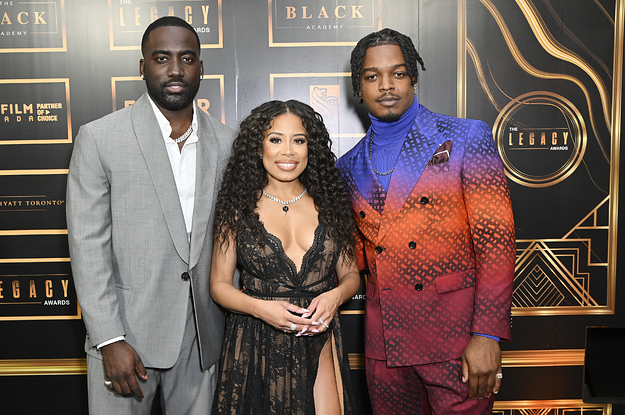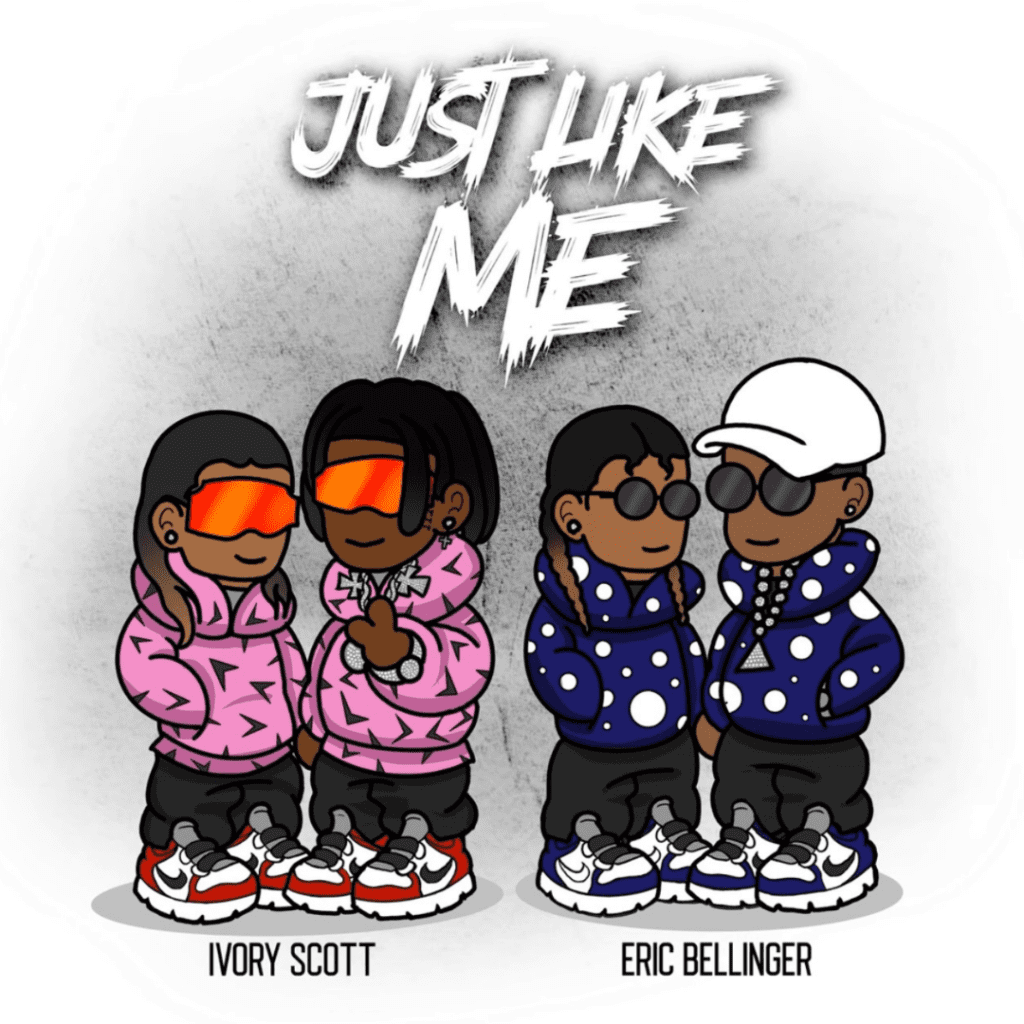
Taylor Swift’s Re-Recordings Are Inspiring Contract Changes by Major Record Labels Hoping to Avoid Similar Situations
Record labels are introducing new changes to their contracts inspired by Taylor Swift.
Swift began to re-record her first six studio albums in 2019 in order to regain ownership of her masters after she was unable to buy the rights to her music when her former label, Big Machine Records, was infamously acquired by Scooter Braun. The effort has been successful, with each re-recorded album outperforming their original counterparts, including her most recent release 1989 (Taylor’s Version).
In light of Swift’s success, labels are ready to enact new clauses to prevent future artists from devaluing the original works. Major record companies, such as Universal Music Group, Sony Music Entertainment, and Warner Music Group, are set to introduce stricter contract terms for artists by demanding longer waiting periods before they can re-record their music, according to Billboard.
These waiting periods, typically five to seven years from the release date of the original, or two years after the contract expires, have now been extended to 10, 15, or 30 years. However, some artists and their attorneys are pushing back against these new restrictions.
“The first time I saw it, I tried to get rid of it entirely,” said attorney Josh Karp, who has viewed the new clauses in Universal Music Group’s contracts. “I was just like, ‘What is this? This is strange. Why would we agree to further restrictions than we’ve agreed to in the past with the same label?”
Re-recording music to gain control of one’s masters isn’t a new practice. In 2013, TLC re-recorded several of their biggest hits, including “Waterfalls” and “No Scrubs,” to be used for their CrazySexyCool biopic and on the deluxe edition of their final self-titled album. After a lengthy legal battle with her former record label, singer JoJo released re-recorded versions of her 2004 self-titled debut album and 2006’s The High Road in 2019. In 2021, Ashanti announced plans to hit the studio for a new version of her debut album, to the ire of her former Murder Inc. label boss Irv Gotti.
According to attorney Josh Binder, who represents artists like SZA, Gunna, and Doechii, the scenario of artists exercising their re-recording rights is rare. “Rarely does it come into play where the re-record treatment is even used,” he told Billboard. “[The labels’] position is, ‘Hey, if we’re going to spend a bunch of money creating this brand with you, then you should not try and create records to compete with us.’ We try and fight it. We try and make it as short as possible. But I don’t find it to be the most compelling issue to fight.”



